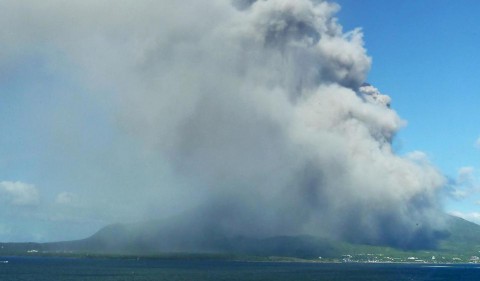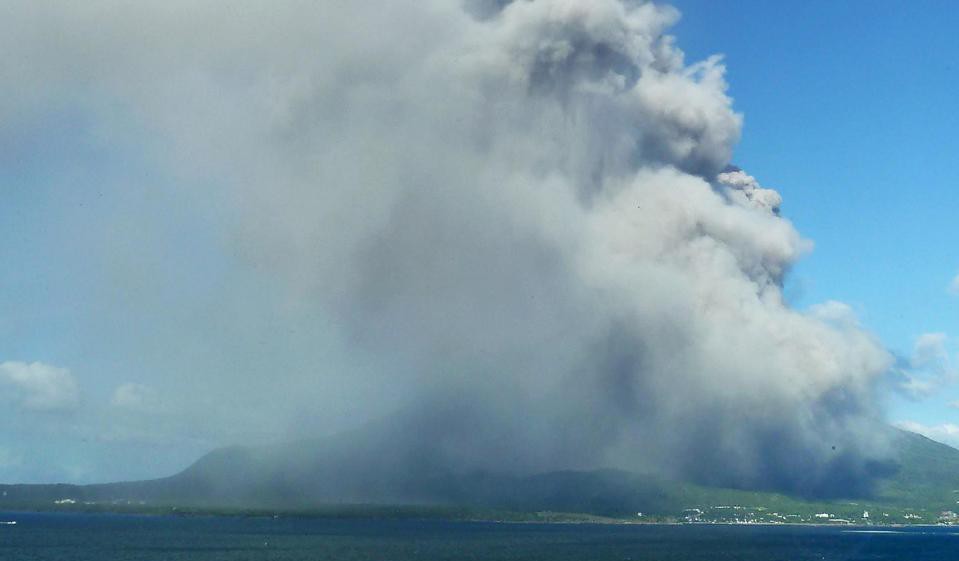 A team of Oceanographers from the University of Houston discovered one of the largest volcanoes in the entire solar system and it exists on the floor of the Pacific Ocean approximately 1000 miles off the coast of Japan. Better technology in recent years contributed to its proper identification.
A team of Oceanographers from the University of Houston discovered one of the largest volcanoes in the entire solar system and it exists on the floor of the Pacific Ocean approximately 1000 miles off the coast of Japan. Better technology in recent years contributed to its proper identification.
It is impressive both because of its expansiveness and its age. It is thought to be over 140 million years old. In an interview with Sci-News.com, lead researcher William Sager reported, “We knew it was big, but we had no idea it was one large volcano. Our final calculations have determined it is about 120,000 square miles in area, or about the size of the state of New Mexico, making it by far the largest ever discovered on Earth. It rivals in size some of the largest volcanoes in the solar system, such as Olympus Mons on Mars.”
Underwater volcanoes are often found along fault lines where earthquakes may occur that could trigger massive tsunamis. Health officials have no reason to be concerned about the recent discovery of the Tamu Massif volcano since it has been dormant for millions of years. Contrary to many erroneous Internet reports circulating earlier this month, the recently discovered volcano did not play a role in any recent tsunami.
In light of the devastating tsunamis of 2004 and 2011, Japanese health officials have been stepping up their health education training programs to address any future tsunami events from other active underwater areas. Regionally, other countries have offered partnerships. In Fuji, for example, students in many fields including health care were invited to study at the university after the earthquake. Fuji still has cooperative programs with Japan. While the exchange was aimed at helping Japanese students complete their studies during a difficult time, part of the program also included building ongoing alliances.
Working with regional colleagues to address shared health concerns is important around the globe so that when disaster strikes, a plan of cooperation is already in place between partners. Studying abroad is popular in many fields including healthcare where a global perspective is valued, especially for those seeking leadership roles.









